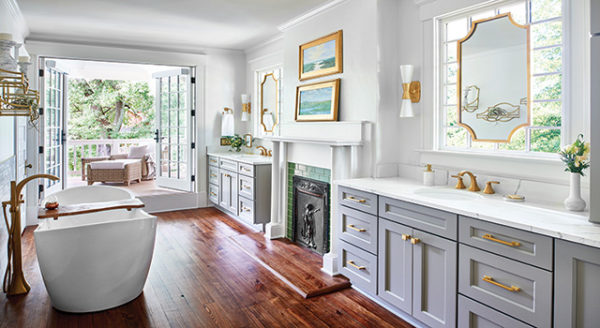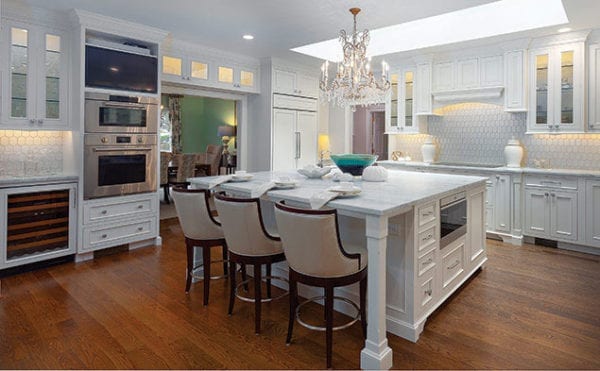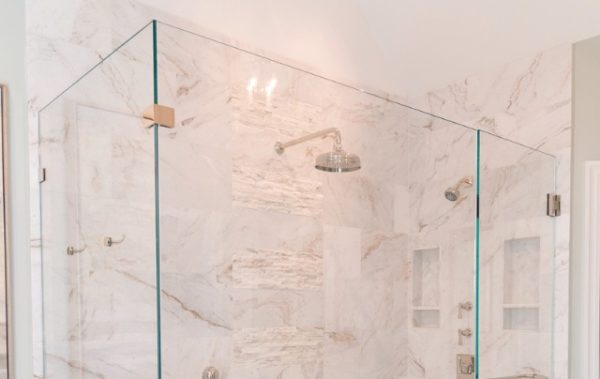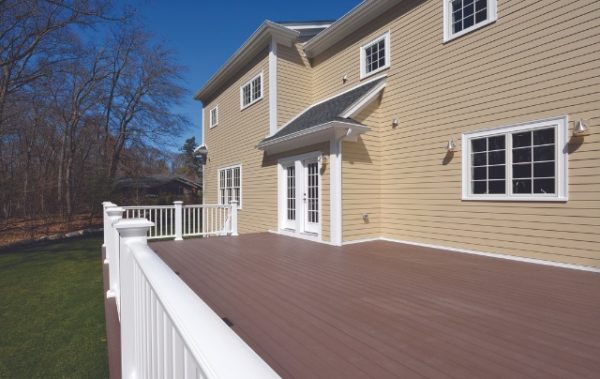Water Filtration Options

Studies have shown that bottled water can be bad for your wallet, health and the planet. So what is the best alternative? Here’s a quick overview of the options available for filtering your home’s tap water.
Faucet filters and pitchers
Faucet-mounted water filters easily install on your kitchen faucet and are a good choice if you want to use filtered water for things other than drinking, such as making coffee or cooking.
Pitcher filters are an easy option as well—simply fill the pitcher with tap water, which is filtered when you pour. Pitchers may not be a good option for large families who can tire of refilling it. On average, both faucet and pitcher filter cartridges need to be replaced every 1 to 3 months.
Undersink filters
An undersink filter may be the right option if you prefer your filter out of sight. Undersink filters typically attach to the water pipe under the sink, and professional installation is usually recommended. The benefits to undersink filters are the speed of filtration and the filter cartridges typically last longer—up to 6 months in most cases.
Whole-house filters
A whole-house filter attaches to your home’s water main, providing filtered water throughout the entire house. The units themselves tend to be inexpensive, and most experts recommend hiring a plumber for installation. Studies show that, in general, whole-house filters work best at preventing dirt, sediment and rust from entering the water supply, and filters typically last 6 months.
Do you need a water filter?
One of the benefits of in-home water filtration is the cost savings. For a family drinking 240 gallons annually, water from a filter pitcher costs about $75 per year versus more than $200 per year for the least expensive brand of bottled water. The benefits and savings make an in-home filtration system worth your while.
Deciding factor
Before making a final decision about an in-home water filter for drinking purposes, estimate how much drinking water your household uses. If you don’t use a lot or your family is small, a pitcher or faucet option might be the best choice; if your family is large or consumes a large amount, a faucet or undersink option could be your best bet.
Did you know?
86 percent of plastic water bottles used in the United States become garbage or litter, and bottles buried in a landfill can take up to 1,000 years to biodegrade, which means in-home filters are a more eco-friendly option, as well.
Here’s to your health
The Environmental Protection Agency (EPA) tests U.S. tap water for approximately 90 contaminants under the Safe Drinking Water Act, however, bottled water doesn’t have to meet these standards, so it isn’t tested as often for bacteria. In addition, bottles exposed to heat can cause the plastic to leach chemicals like phthalates and bisphenol A (BPA), both linked to birth defects and cancer.
Quick tip
Make sure to always have a replacement filter on hand. When choosing an in-home filtration system, look for a well-known, easily available brand so filters will be easy to find and purchase.

Space Planning

Building your family room

Today’s Outdoor Furniture Trends

Award-Winning Kitchens, Baths, Interior Design and More

Atlanta’s NKBA Designs of Distinction 2019 Winners

100 Things to Know Before You Remodel

What’s the simplest way to upgrade your window treatments?







